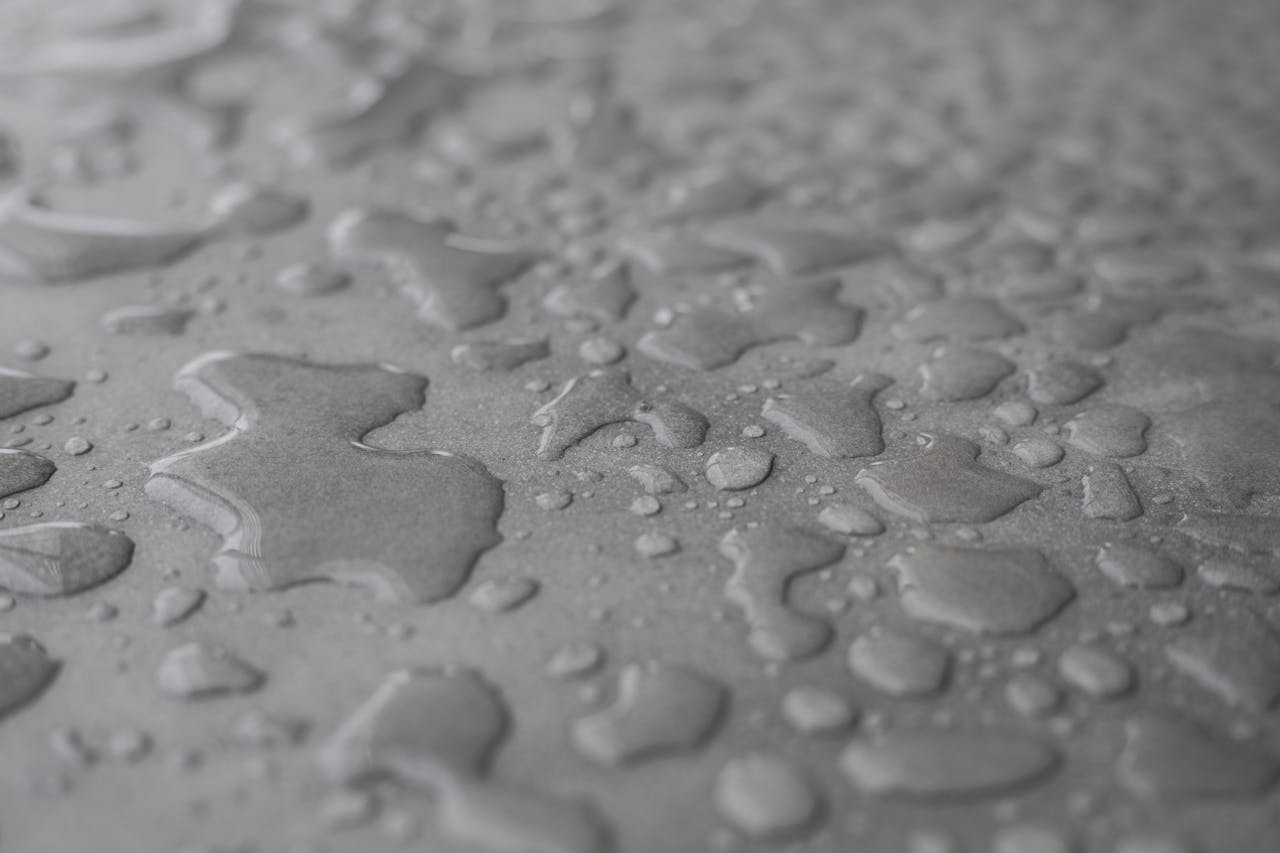It is estimated that 66 million people in the US experience skin allergies in the form of rashes.
There are over 4,300 known sensitizers (chemicals with the potential to cause skin allergy) and many of these chemicals are common in personal care products. Not surprisingly, personal skin and hair care products are among the most common causes of skin allergy. Every day, we see patients who are made sick by the ingredients in their skin care products. Many of these ingredients don’t need to be there at all, and others could easily be switched out for less problematic ones. Despite this information being readily available, skin and haircare companies choose to include sensitizers in their products, even those that claim to be “natural” or “clean”.
The Clean Beauty Movement

For several years, a growing clean beauty movement has rightfully demanded products that are non-toxic and environmentally friendly. In response to these demands, vetting websites such as the Environmental Working Group (EWG) and Skin Deep have emerged to rate products on various internal, and not necessarily scientific, metrics of “clean”. In recent years, manufacturers have caught on, too, and have shifted their brand strategy to include attractive claims of “natural” and “clean” ingredients and packaging. But what do these claims really mean when there is no FDA minimum standard for marketing claims on personal care products and no consistent definition for “clean”?
As dermatologists specializing in skin allergy, we have experienced first-hand the troubling repercussions of this manufacturing trend and the need for a new, honest, and regulated definition of “clean”. We believe the focus on “chemicals” in skincare products is critical, but that we must redirect our attention and base the inclusion and exclusion of various chemicals in skincare products on the data and science, not vague descriptors like “natural” and “clean”.
Data is key
In the wake of social media campaigns and skincare companies promising more natural and cleaner ingredients launching every day, our memories are short and becoming shorter. In the 1950’s, consumers were blinded from using inadequately preserved skincare products contaminated with bacteria. Today, we often forget that preservatives are essential to preventing microbial growth in skin and hair care products. It is also true that not all preservatives are created equally; using the right ones, informed by allergy trends and toxicity data, is key.
Concerns over traditional preservatives such as parabens and formaldehyde, coupled with shifting demand for “clean”, natural, and plant-based products, has led to an epidemic of allergic reactions because products are instead being formulated with potent sensitizers.
While any chemical can be a sensitizer, there are chemicals (for example essential oils) that, despite being well-known, are strong sensitizing agents, and totally lack regulation. This is a big deal because while consumers are rightly concerned with the cancer and endocrine disrupting potential of long term exposure to chemicals such as phthalates, asbestos and BPA, they are much more at risk of developing allergic or irritant skin reactions to chemicals. Importantly, once a person becomes sensitized to a particular chemical, they must avoid this chemical for the rest of their life or risk developing persistent, itchy rashes that can have a significant impact on quality of life.
It doesn’t have to be this way.
Science and evidence-based practices around ingredient selection should be the standard of skincare product creation and still provide a luxurious beauty experience.
Everyone deserves skin care products that are environmentally friendly, free of cancer or endocrine disrupting chemicals, and devoid of common sensitizers that can cause lifelong and debilitating skin rashes.
And so, we created VETTED – the skincare line that gives you everything you need and nothing you don’t for your ultimate skincare experience. We vetted the ingredients, so you don't have to.
What if we imagine an industry redefined – one that includes not just the bare minimum standards for safety and efficacy, but also embraces an actual definition of “clean”, where the standard is defined by experts and science.
VETTED Dermlab: Committed to Transparency and Innovation
At VETTED Dermlab, we understand the complexities of navigating the skincare landscape. We prioritize transparency and formulate our products using the gentlest, most effective ingredients backed by scientific evidence.
Our hypoallergenic moisturizers offer intense hydration without relying on petrolatum. Additionally, we are actively researching and incorporating sustainable alternatives into our product lines.
We encourage you to make informed choices based on your unique skin needs and environmental values.
Unlocking Your Skin's Potential: The VETTED Dermlab Difference
By combining the power of science with a commitment to gentle formulations, VETTED Dermlab is here to empower you on your journey to younger-looking skin. We believe in providing effective solutions that are kind to your skin.


